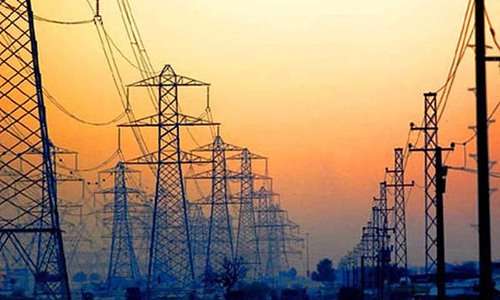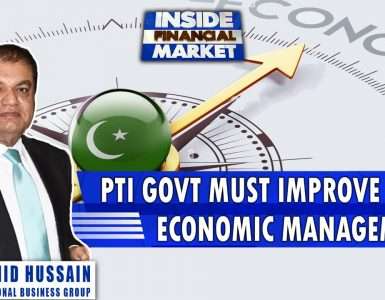The electricity tariff is expected to come down by Rs2.13 per unit for all distribution companies, except K-Electric, for a month due to lower fuel costs in June.
The Central Power Purchasing Agency-Guarantee (CPPA-G) has filed a petition before the National Electric Power Regulatory Authority (Nepra) for a tariff cut on behalf of the distribution companies of ex-Wapda. The regulator is set to hold a public hearing on the matter on July 25.
Under the practice in vogue, the distribution companies are charging significantly higher estimated fuel charges to power consumers that are later adjusted against actual cost in a subsequent month with the approval of the power regulator. This helps the power companies to collect billions of rupees from consumers in advance and have better cash flows without financing costs.
The relief in electricity rates would not be applicable to agricultural consumers and residential consumers with less than 300 units of monthly consumption under a decision of the PML-N government on the grounds that these categories were already being provided subsidised electricity and hence do not qualify for monthly fuel price cut.
In its petition, the CPPA-G reported to the regulator that it had charged a higher reference tariff of Rs6.83 per unit to consumers in the month of June but actual fuel cost turned out to be Rs4.70 per unit. Therefore, there was a legal requirement to return Rs2.134 per unit to consumers.
The petitioner said about 11,458 GWh (Gigawatt hours) were generated in June and 11,210 GWh could be delivered to distribution companies due to system losses of about 2.04 per cent.
About 11,458 GWh were generated in the month, with hydropower contributing 30.5pc to the energy mix
It said the cheapest source of hydropower production had a healthy contribution to overall energy mix in June and stood at 30.5pc while wind and solar plants together contributed about 2.2pc energy – all with no fuel costs.
Generation from furnace oil-based power plants amounted to 22.34pc in at a cost of Rs9.5 per unit.
Likewise, natural gas-based generation was lower at 18.43 in June at the cost of Rs4.26 per unit. Generation from imported liquefied natural gas (LNG) also had a healthy 12.28pc contribution in the overall power supply at a rate of Rs7.45 per unit.
With the induction of Sahiwal Coal Power Project in the system, the overall energy contribution from coal increased to 5.7pc from the usual 1pc. The fuel cost of generation stood at Rs4.3 per unit.
The most expensive generation came from high speed diesel (HSD) at Rs14.36 per unit with a contribution of 1.36pc to the overall power supply. Import from Iran followed HSD based expensive energy and stood at Rs10.63per unit and contributed less than 0.5pc to the energy pool.
The CPPA said energy was generated at a total cost of Rs50.85 billion or Rs4.44 per unit while 2pc lower supply was delivered to distribution companies at a cost of Rs52.63bn or Rs4.7 per unit.
The reduction in actual generation cost was mainly due to a dip in global oil prices and higher contribution by the cheapest source – hydropower.
The CPPA said the actual generation cost was lower and hence extra money collected from consumers needs to be refunded through adjustment in the next billing month under the automatic fuel pass-through mechanism.










Add comment